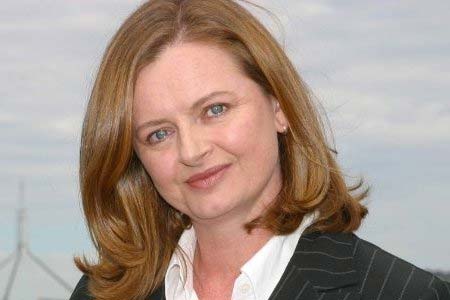Jim Mullan was the founder of the KibbleWorks portfolio of social enterprises and was Group CEO of The Big Issue in the UK. He has worked with Governments, NGOs, peak bodies and academic institutions around the world in the development of social enterprise practice and policy and is a recent migrant to Australia. He is currently working with a small group of NFPs in Victoria and is a board member at The School for Social Entrepreneurs.
When did you first become involved in the for-purpose sector?
Growing up in a very poor area of Glasgow, I was the recipient of youth work as a child. The people running the programs inspired me and I felt encouraged to get involved. I began youth and community work straight out of college and my life’s work has been in this area.
Why do you do what you do?
My experiences as a child led me here and it’s the only kind of work I’ve ever been truly passionate about. Experiencing the difference this kind of work can make has been the driver for me to be part of the sector.
What are the current challenges you see facing the for-purpose sector?
The challenges facing the for-purpose sector in Australia are the same as in all the developed economies. There is a global move towards outcome based delivery of public services which impacts government partners across public, private and not-for-profit sectors. The introduction of the NDIS in Australia is an indication of “direction of travel” and, I believe, signals the need for the development of an “Enterprising Third Sector”.
What is your proudest professional achievement?
Scotland has the most advanced and sophisticated social enterprise ecosystem in the world. Being part of that development is a source of enormous pride but on a very personal level, having originated the idea and co-authored the Voluntary Code of Practice for Social Enterprises and now seeing the code being adapted and adopted in countries around the world, feels like a decent contribution.
What would like to see yourself doing in 10 years time?
I would like to be able to cast my eye back at growth in breadth of activity, volume and impact of social enterprises in Australia.
The movement got off to a flying start in Australia with the development of SVA and SOFA. Then came Social Traders, SSE and SEWF Melbourne in 2009, when the SE World turned its eye to Australia. It now feels however like that momentum has been lost and, whilst the movement surges on and develops around the globe, in Australia, the conversation is mired in outdated concepts and models and that the field lacks leadership.
I’d like that situation to have changed in the next 10 years.



